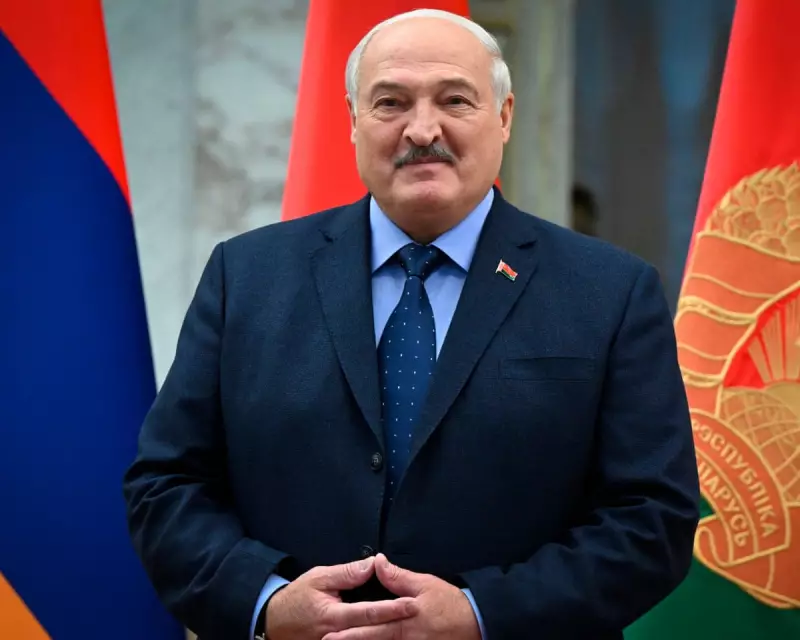
In a striking geopolitical pivot, Belarusian leader Alexander Lukashenko is actively reaching out to Western nations, testing the waters for potential diplomatic rapprochement while carefully maintaining his crucial alliance with Moscow.
The Power Calculus Behind Lukashenko's Western Charm Offensive
According to recent analysis, Lukashenko's approach reflects his growing confidence and a calculated understanding that his position has become increasingly valuable to both East and West. "His drug is power," observes one expert, capturing the essence of the Belarusian leader's strategic thinking.
The strongman's outreach comes at a critical juncture in European security dynamics. With Belarus positioned as both a buffer state and potential gateway between Russia and NATO territories, Lukashenko appears to be exploring how to maximise his leverage on the international stage.
Balancing Acts and Strategic Positioning
Western officials report receiving carefully calibrated signals from Minsk suggesting Lukashenko's interest in exploring limited engagement. This represents a significant shift from the deep freeze that characterised relations following the 2020 election crackdown and Belarus's role in Russia's military operations.
Analysts suggest several factors driving this diplomatic manoeuvring:
- Growing economic pressure from sanctions affecting Belarus's stability
- Potential concerns about over-reliance on Moscow
- Recognition of changing battlefield dynamics in the region
- Opportunities presented by political transitions in Western capitals
Western Responses: Cautious Engagement
European and American officials approach these overtures with significant caution, mindful of Lukashenko's track record and ongoing human rights concerns. However, some see potential openings for limited cooperation on specific issues where mutual interests might align.
The fundamental question remains: Is this a genuine attempt to recalibrate Belarus's foreign policy, or merely tactical positioning to extract concessions from both sides?
As one diplomat noted, "Lukashenko has always been a survivor first and an ideologue second. His current outreach reflects that survival instinct kicking in as the geopolitical landscape shifts around him."
What emerges clearly is that the Belarusian leader recognises his strategic value has increased, and he appears determined to capitalise on that position while navigating the complex currents of great power competition.






